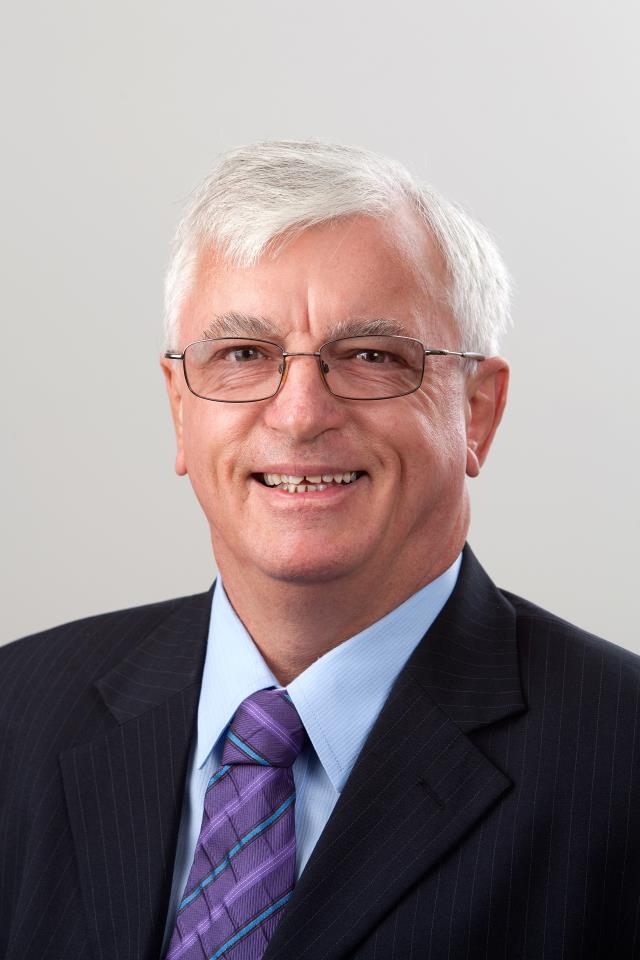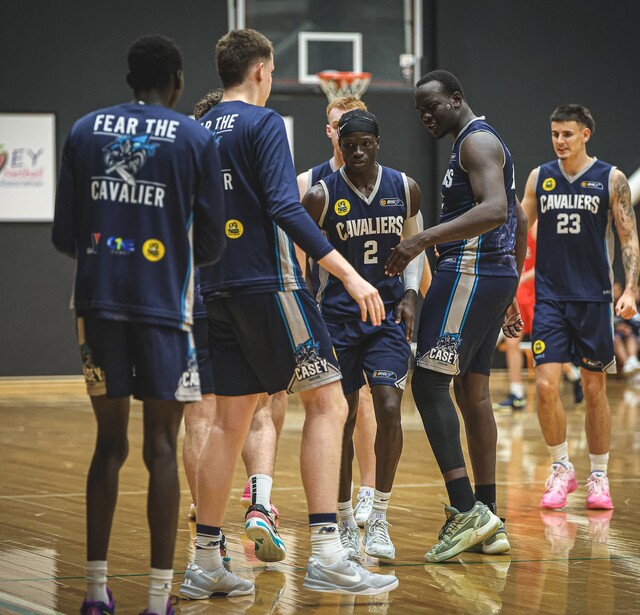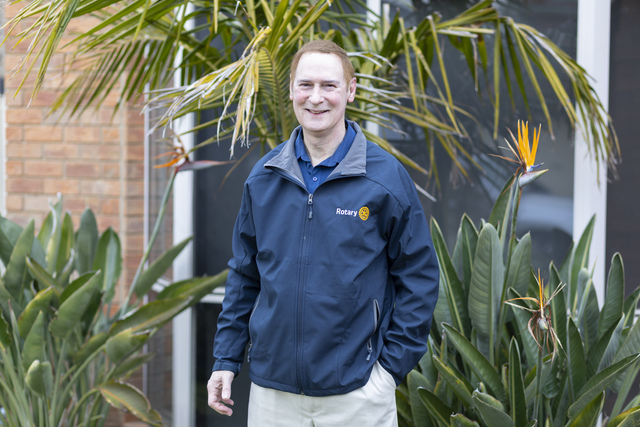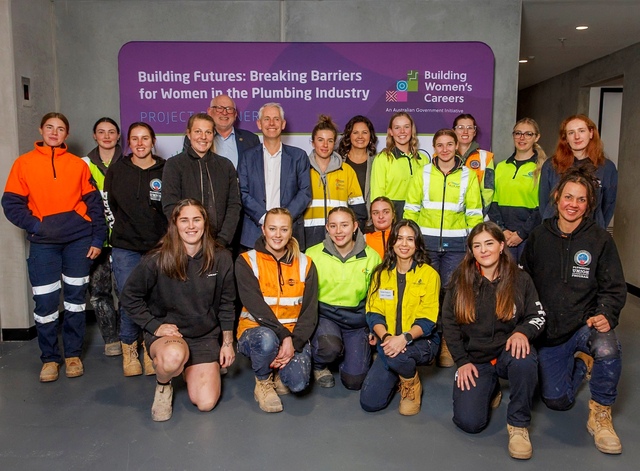Former City of Casey mayor and current president of the Casey Residents and Ratepayers Association, Brian Oates is looking to play his hand at this year’s October reelection.
With a drive to make some changes, Mr Oates believes that having the old model of administration, with elected councillors and a mayor, is “a really good step forward”.
“The way I see it there’s an awful lot of stuff that hasn’t been done, I think there’s a lot of things that need to be looked after,” he said.
Casey has been without a mayor and councillors since 2020, when local government minister Adem Somyurek dismissed the council following an IBAC investigation into allegations of developer John Woodman donating money to councillors in order to influence planning decisions.
Bringing council rates down is a key focus in Mr Oates’ overall campaign, with a “look into the structure of council and see why it is that we’re still having to get the highest rate increases every time”.
“There needs to be a lot of work done in aged care, road surfaces, youth violence, domestic violence and so on,” he said.
Casey’s rates arrears peaked in 2023, when in that fiscal year rates were capped at 3.5 per cent, with Noelene Duff PSM commenting in a previous Star News article that the rate was “0.5 per cent below the Essential Services Comission recommendation and less than the rates of inflation [that were] currently being experienced in Victoria”.
Ms Duff also added that the costs were not only influenced by the increase of consumer price index every year, “but also by the effect of increased construction costs for capital works projects”.
For Mr Oates, it’s all about going “back to the basics of rates, roads and rubbish”.
“When I finished in 2005, I left the place [council] and we were right up at the top of ratepayers’ satisfaction, and we were down the bottom of rate costs but by 2007, it goes up on a 60 degree angle and it’s not stopped,” he said.
According to the Essential Services Commission, the current rate cap for the financial year of 2024-2025 is at 2.75 per cent, a decrease from the previous financial year, with rate figures between the financial years of 2016-17 and 2022-23 averaging at 2.0 per cent.
“Between now and October I’ll be out talking to people, asking what concerns they’ve got, asking about what they think about the fact that some of the former councillors might be getting re-elected because nobody knows who they were,” Mr Oates said.
During the 2020 IBAC investigation, Mr Oates had been listed with four other candidates as a target for donations from John Woodman’s ALP lobbyist Phil Staindl.
While Mr Staindl had initially offered a donation to Mr Oates’ campaign fund, the latter party declined saying that he didn’t “want to be in someone’s debt” and that he wasn’t going to “do what they want me to do on council”.
“I’ve had people saying to me that there’s going to be a lot of new people [and] it won’t change the culture because the council have still got a lot of people who’ve been there for a long time, and that [they] need somebody to actually get in there and [they] can trust.
“We’re going to get some things happening in the city; a lot of people said that to me and I thought, I can go in there and assist people who are getting elected for the first time.
“Council moves very, very slowly, it’s still very much the same and I don’t think the culture is as good as it could be,” Mr Oates said.
Having an early start leading to this year’s council elections is the move for Mr Oates, with more outreach planned, sticking to the notion that “people should [know more] about who their councillors are, and what they really are going to do for the community”.







